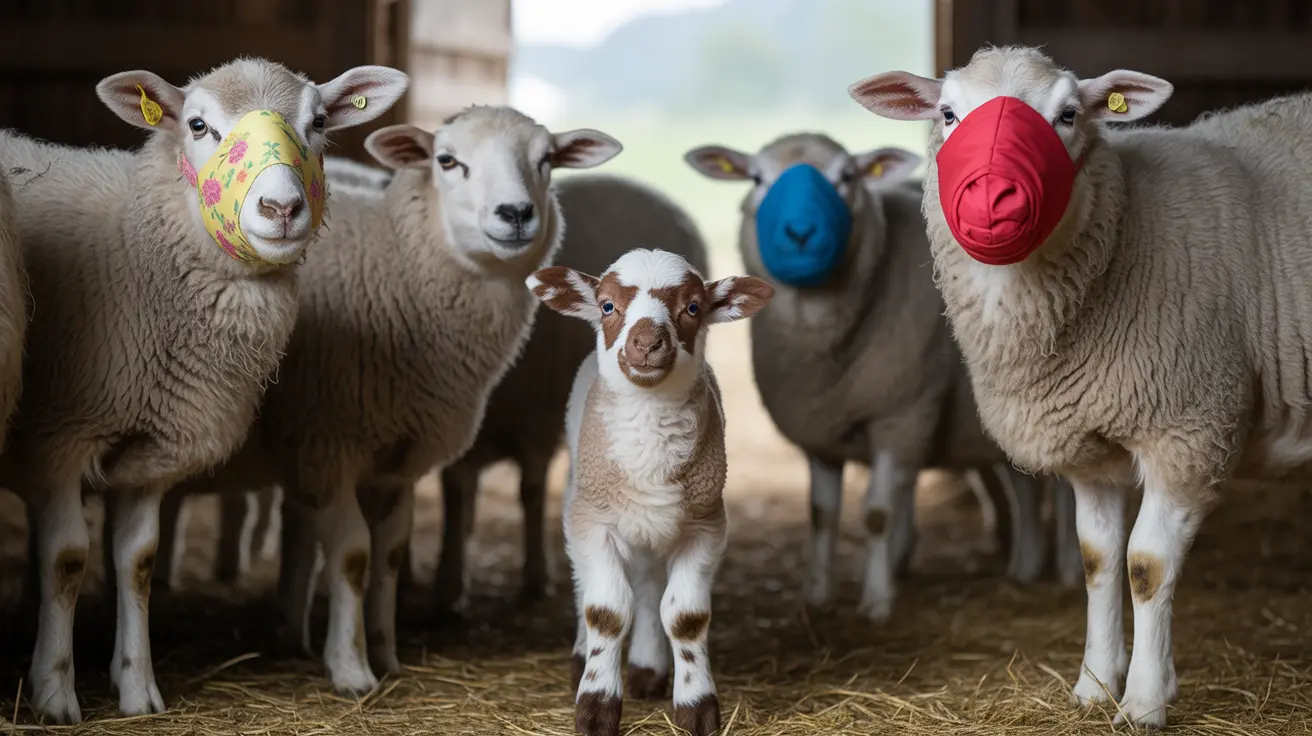Understanding the Lifespan of Indoor Shih Tzus
Shih Tzus are a beloved toy breed known for their affectionate temperament, distinctive appearance, and long history as royal lap dogs. For pet owners considering this breed or already sharing their homes with one, understanding their lifespan and how to promote longevity is essential to ensuring years of healthy, happy companionship.
Average Lifespan of Indoor Shih Tzus
Shih Tzus typically live between 10 to 16 years, with many living up to 18 or even 20 years. Indoor dogs generally enjoy a longer lifespan than their outdoor counterparts due to a safer and more controlled environment. Interestingly, female Shih Tzus may outlive males by as much as 1.5 years. The oldest recorded Shih Tzus have lived up to 23 years, though such longevity is rare and influenced by numerous factors.
Key Factors Affecting Lifespan
- Genetics: A significant contributor, which is why responsible breeding practices are crucial.
- Nutrition: A balanced, high-quality diet supports organ function, dental health, and energy levels.
- Veterinary Care: Routine appointments and timely vaccinations prevent and manage common health issues.
- Environment: Indoor living reduces exposure to extreme weather and contagious diseases.
- Exercise: Short daily walks (20–30 minutes) and interactive play keep them physically and mentally stimulated.
- Mental Health: Shih Tzus are people-oriented and sensitive; minimizing stress and separation anxiety promotes wellbeing.
Common Health Issues and Preventative Tips
Proactively managing common breed-specific conditions helps ensure a longer and healthier life:
- Respiratory Issues: Due to their flat faces, Shih Tzus are prone to BOAS. Avoid excessive exercise or heat exposure.
- Eye Conditions: Their prominent eyes are vulnerable to trauma and diseases. Clean daily and consult the vet for abnormalities.
- Ear Infections: Regular ear cleaning can reduce the risk of moisture-related infections.
- Dental Disease: Their small mouths often lead to tooth crowding. Brush teeth daily to prevent plaque buildup.
- Joint Problems: Conditions like patellar luxation can be managed with weight control and moderate activity.
- Skin Allergies: Frequent grooming keeps the skin healthy and free from irritants.
Grooming and Maintenance
- Brushing: Daily brushing is necessary to avoid matting of their long, silky coats.
- Bathing: Weekly or as-needed baths keep fur and skin clean.
- Eye and Face Cleaning: Prevent stains and infections by wiping daily.
- Professional Grooming: Every 4–8 weeks ensures proper coat maintenance.
Tips to Maximize a Shih Tzu’s Lifespan
- Feed appropriate portions of a nutrient-rich, breed-specific diet.
- Keep up with regular vet visits and vaccinations.
- Provide daily interaction and mental stimulation through toys and training.
- Groom consistently to avoid skin, dental, and coat issues.
- Maintain a safe, clean indoor environment.
- Monitor behavior for early signs of illness and take action promptly.
- Spay or neuter to help prevent certain cancers and behavioral issues.
- Limit time alone to reduce anxiety and related health problems.
Longevity Success Factors
Shih Tzus that reach or exceed 18 years often benefit from:
- Loving, stable homes with attentive routines
- Balanced diet and weight management
- Consistency in grooming and hygiene
- Early detection and treatment of illness
- Regular, age-appropriate activity and companionship
Conclusion
Shih Tzus are resilient little dogs, and when cared for in a nurturing indoor environment, they typically enjoy long, fulfilling lives. Responsible ownership, from proper diet and routine care to emotional support and veterinary partnership, is crucial in helping your Shih Tzu reach its full lifespan potential of 16+ years. By fulfilling their physical and emotional needs, these loyal companions can offer joy, affection, and memories for many years to come.





